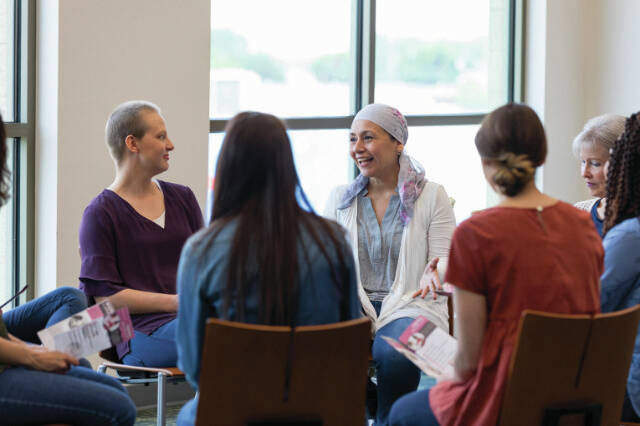There’s an estimated 500,000 or more people in the U.S. with Parkinson’s Disease, and a local support group is aiming to make sure those on the Plateau don’t feel alone.
Almost a dozen locals started the Enumclaw Parkinson’s Support Group for those diagnosed with Parkinson’s, or their friends and family that might be caretakers, a few months ago, said group leader Nancy Kaiser, and they want more members to join.
The meetings are on the fourth Saturdays of the month, 11 a.m. at the Enumclaw Library; the next meeting is Jan. 27.
Attending the coming meeting is Katie Freeman, the manager of programs and community engagement with the American Parkinson Disease Association, and she’ll be speaking about her organization and what resources and services are available to the group.
According to Freeman, Parkinson’s is a neurodegenerative disease that affects how people move their body.
“Some of the characteristic symptoms… are tremors — uncontrollable shaking, often seen in your arms, legs, limbs, but also a slowness of movement,” she said. “That really impacts people’s ability to go about their daily lives… to maintain their quality of life.”
Living with a chronic condition like Parkinson’s can strongly affect someone’s mental health, especially as the disease progresses, Freeman continued.
“And that’s where support groups come in, especially these kind of community support groups that spring up,” she said. “Living with a chronic illness, or caring for someone with a chronic illness, can be extremely isolating.”
Kay West, who is a co-leader of the group, said she was diagnosed in 2010.
Her sister was actually diagnosed first a couple years before, but Wade said she was in denial about the disease being potentially genetic. Eventually, a friend convinced her to get tested just “for giggles,” but it came back positive.
For her, Parkinson’s means needing to focus more on actions that many people take for granted — taking a step, lifting her arms, and eating as a few examples.
But Wade said joining the local support group has helped out, not just mentally but physically as well, because she made connections with a yoga instructor and a flute player, activities that help her with her balance and breathing respectively.
“It’s really a positive group,” West said. “We kind of compare notes a little bit.”
For more information, you can call Kaiser at 253-508-0419.


